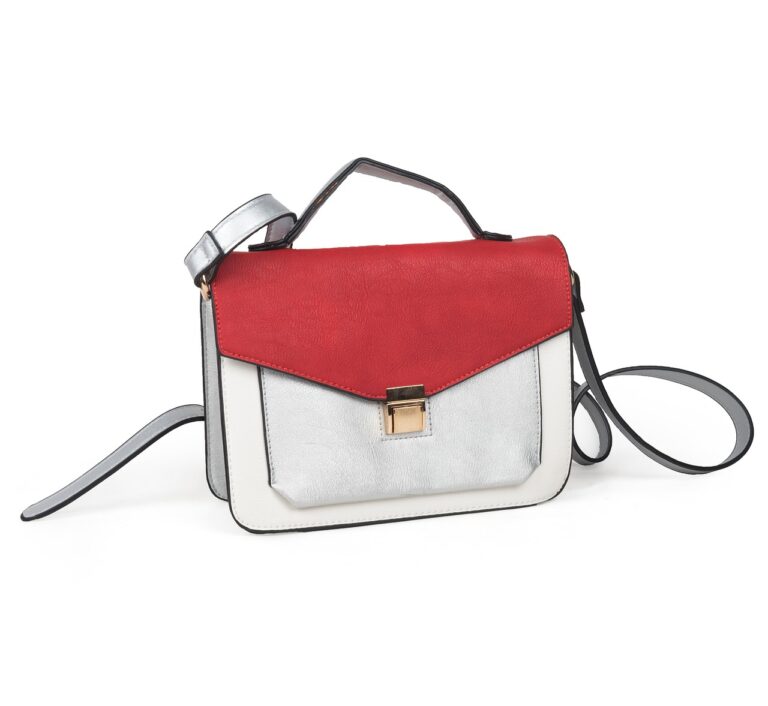Fashion Event Sustainability Education: Promoting Awareness and Action: Sky247.in login, 11x game login, 99exch
sky247.in login, 11x game login, 99exch: Fashion Event Sustainability Education: Promoting Awareness and Action
Fashion events are a crucial part of the industry, showcasing the latest trends and designs to the world. However, these events often come at a cost to the environment, with excessive waste, energy consumption, and carbon emissions. As the fashion industry grapples with sustainability issues, it becomes essential to educate stakeholders on how to make these events more environmentally friendly.
By promoting awareness and taking action, fashion event sustainability education can make a significant impact on reducing the environmental footprint of these events. From incorporating sustainable practices in event planning to encouraging responsible consumer behavior, there are various ways to promote sustainability in the fashion event industry.
In this blog post, we will explore the importance of fashion event sustainability education, discuss the challenges faced by the industry, and provide actionable tips on how to promote awareness and take meaningful action towards a more sustainable future.
The Importance of Fashion Event Sustainability Education
Fashion events serve as a platform to showcase the creativity and innovation of designers, as well as promote new trends and styles. However, these events also contribute to environmental degradation through excessive waste generation, energy consumption, and carbon emissions. It is crucial to educate stakeholders in the fashion industry on the importance of sustainability and how they can make a positive impact through their actions.
Fashion event sustainability education can raise awareness about the environmental impact of these events and empower stakeholders to make more sustainable choices. By educating designers, event organizers, attendees, and other industry professionals, we can promote a culture of sustainability and drive positive change in the fashion industry.
Challenges Faced by the Fashion Industry
The fashion industry faces several challenges when it comes to sustainability, including fast fashion, overconsumption, and waste generation. Fashion events amplify these challenges by creating additional pressure on the environment through extravagant setups, excessive packaging, and high energy consumption.
Moreover, the lack of awareness and education on sustainable practices in the fashion industry further complicates efforts to reduce the environmental impact of fashion events. Without proper guidance and information, stakeholders may continue to engage in unsustainable practices, perpetuating the cycle of environmental degradation.
Promoting Awareness and Action
To address the challenges faced by the fashion industry, it is essential to promote awareness and encourage stakeholders to take action towards sustainability. Fashion event sustainability education plays a crucial role in achieving these goals by providing information, resources, and support to help industry professionals make more sustainable choices.
Here are some tips on how to promote awareness and take action towards sustainability in the fashion event industry:
1. Sustainable Event Planning: Incorporate sustainable practices in event planning, such as using eco-friendly materials, reducing waste, and minimizing energy consumption.
2. Responsible Consumer Behavior: Encourage attendees to make sustainable choices, such as opting for eco-friendly fashion brands, buying fewer clothes, and recycling or upcycling old garments.
3. Collaboration and Partnerships: Work with like-minded organizations, designers, and sponsors to promote sustainability and share best practices in the industry.
4. Education and Training: Provide resources, workshops, and training sessions on sustainability to educate designers, event organizers, and other stakeholders.
5. Measurement and Reporting: Track and report on key sustainability metrics, such as waste diversion rates, carbon emissions, and energy consumption, to monitor progress and improve performance over time.
6. Continuous Improvement: Continuously evaluate and refine sustainability practices to stay ahead of emerging trends and technologies in the industry.
By following these tips and incorporating sustainability into every aspect of fashion event planning and execution, stakeholders in the fashion industry can make a positive impact on the environment and promote a more sustainable future for the industry.
FAQs
Q: How can I incorporate sustainable practices into fashion event planning?
A: To incorporate sustainable practices into fashion event planning, consider using eco-friendly materials, reducing waste through recycling and upcycling, minimizing energy consumption, and working with sustainable vendors and partners.
Q: What are some examples of sustainable fashion events?
A: Some examples of sustainable fashion events include using recycled materials for set design, implementing zero-waste policies for catering and packaging, and offsetting carbon emissions through sustainable practices.
Q: How can I educate attendees on sustainability at fashion events?
A: You can educate attendees on sustainability at fashion events through workshops, panel discussions, informational materials, and interactive activities that promote awareness and encourage responsible consumer behavior.
In conclusion, fashion event sustainability education is essential for promoting awareness and driving action towards a more sustainable future for the fashion industry. By incorporating sustainable practices in event planning, encouraging responsible consumer behavior, and collaborating with like-minded partners, stakeholders can make a positive impact on the environment and create a more sustainable industry for future generations.







